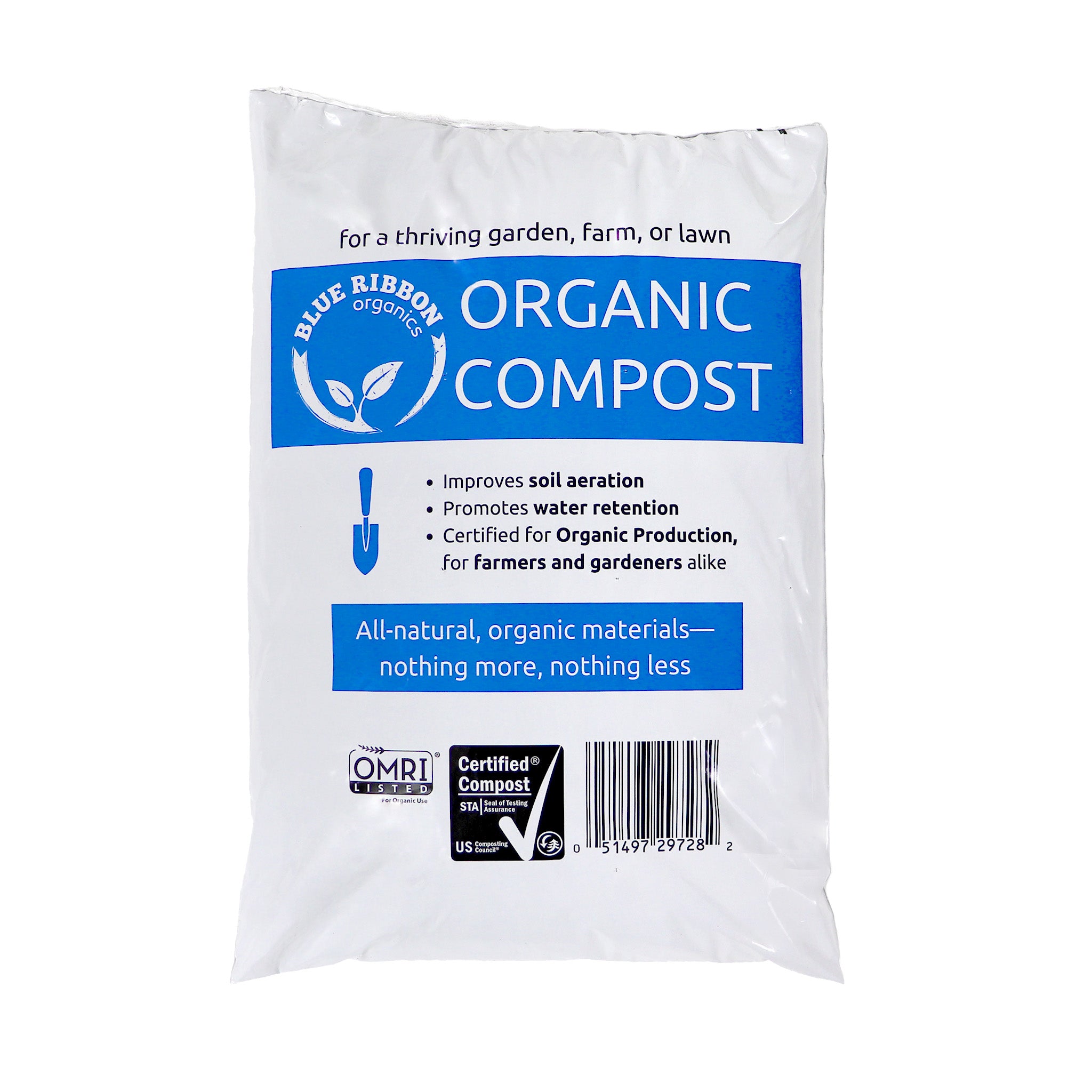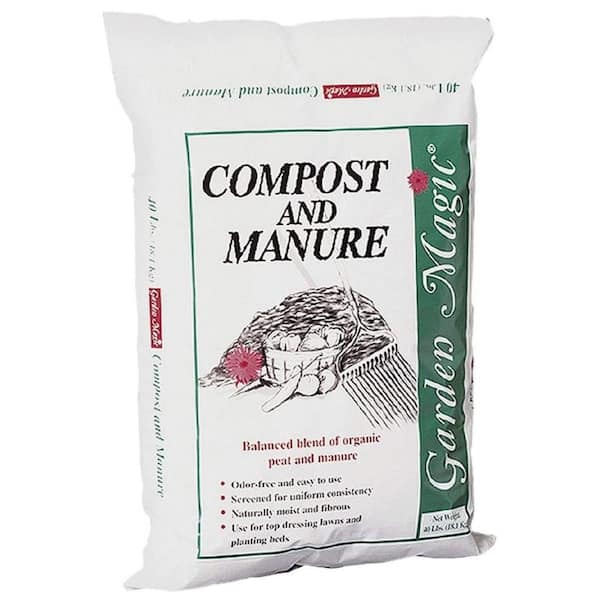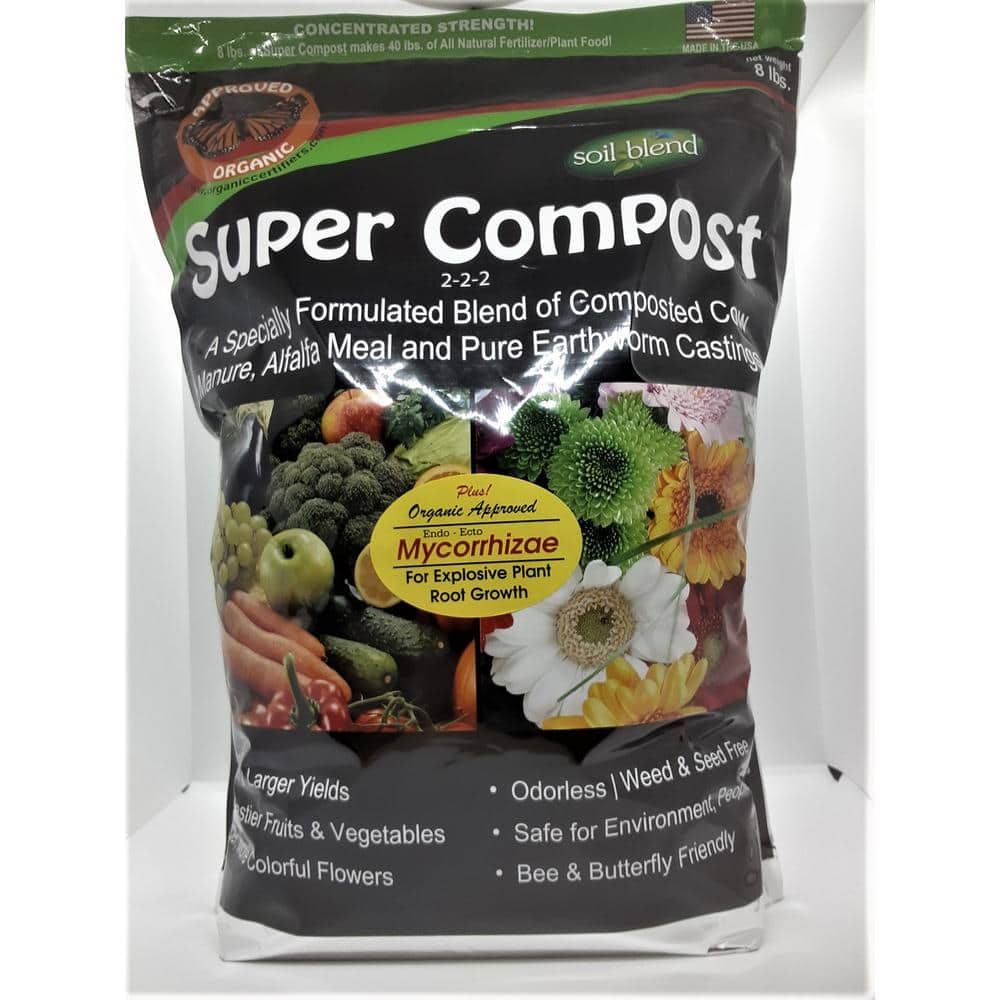The Ultimate Guide To Choosing The Best Compost For Your Vegetable Garden
The Ultimate Guide to Choosing the Best Compost for Your Vegetable Garden
Compost is one of the most important tools for any gardener, but it can be hard to know which type of compost is right for your vegetable garden. In this guide, we will discuss the different types of compost available, what to look for when choosing compost, and how to use compost to improve your vegetable garden.
What is Compost?
Compost is a natural material that is made from the decomposition of organic matter. This organic matter can include food scraps, yard waste, and other plant materials. When organic matter decomposes, it releases nutrients that are essential for plant growth. Compost also helps to improve the soil structure, making it easier for water and air to penetrate the soil.
Types of Compost
There are two main types of compost:
- Organic compost is made from organic materials, such as food scraps, yard waste, and other plant materials. Organic compost is typically the best choice for vegetable gardens, as it is free of chemicals and other harmful substances.
- Inorganic compost is made from non-organic materials, such as wood chips, sawdust, and eggshells. Inorganic compost can also be beneficial for vegetable gardens, but it is important to choose a type of inorganic compost that is free of chemicals.
What to Look for When Choosing Compost
When choosing compost for your vegetable garden, there are a few things you should keep in mind:
- The type of compost: As mentioned above, organic compost is the best choice for most vegetable gardens. However, if you have a specific need, such as improving drainage or increasing water retention, you may want to choose a different type of compost.
- The quality of the compost: The quality of compost can vary greatly. Some compost is well-rotted and has a dark, crumbly texture. Other compost is still in the early stages of decomposition and has a more green, spongy texture. It is important to choose compost that is well-rotted and free of any unpleasant odors.
- The cost of the compost: Compost can range in price from a few dollars to over $10 per bag. It is important to find a compost that fits your budget.
How to Use Compost in Your Vegetable Garden
Compost can be used in a variety of ways in your vegetable garden. Here are a few tips:
- Add compost to the soil: Compost can be added to the soil at any time of year. However, it is best to add compost in the fall or spring, when the soil is not too wet or too dry.
- Use compost as a mulch: Compost can be used as a mulch around your vegetable plants. Mulch helps to retain moisture in the soil, suppress weeds, and improve the overall health of your plants.
- Make your own compost tea: Compost tea is a liquid fertilizer that is made by steeping compost in water. Compost tea is a great way to give your plants a boost of nutrients.
Conclusion
Compost is a valuable tool for any gardener. By choosing the right type of compost and using it properly, you can improve the health of your vegetable garden and help your plants to thrive.
Are you looking for the best compost for your vegetable garden? If so, you've come to the right place! Garden Wiki is a comprehensive resource that provides all the information you need to choose the right compost for your needs.
From organic compost to mushroom compost, Garden Wiki has a wide variety of composts to choose from. They also offer helpful tips on how to use compost in your garden, as well as information on the benefits of composting.
If you're serious about growing healthy vegetables, then you need to use the right compost. Garden Wiki can help you find the best compost for your vegetable garden and give you the knowledge you need to use it effectively.
FAQ of best compost for vegetable garden
- What is the best compost for vegetable gardens?
There is no one-size-fits-all answer to this question, as the best compost for your vegetable garden will depend on a number of factors, including the type of vegetables you are growing, the climate in your area, and your personal preferences. However, some general guidelines for choosing the best compost for vegetable gardens include: * Look for compost that is certified organic. This means that it has been produced without the use of synthetic pesticides or fertilizers. * Choose compost that is high in organic matter. Organic matter is essential for improving the drainage, aeration, and nutrient-holding capacity of soil. * Consider the texture of the compost. You want compost that is crumbly and loamy, so that it can easily be worked into the soil. * Avoid compost that has a strong odor. This could be a sign that the compost is not fully decomposed or that it contains harmful bacteria.
- What are the benefits of using compost in a vegetable garden?
Compost has many benefits for vegetable gardens, including: * Improving soil quality. Compost adds organic matter to the soil, which helps to improve drainage, aeration, and nutrient-holding capacity. * Increasing water retention. Compost helps to bind water in the soil, which can help to reduce water loss during hot, dry weather. * Reducing the need for fertilizers. Compost provides essential nutrients for plants, which can help to reduce the need for chemical fertilizers. * Boosting plant growth. Compost can help plants to grow stronger and healthier, resulting in larger yields. * Attracting beneficial insects. Compost can attract beneficial insects, such as ladybugs and earthworms, which can help to control pests and diseases.
- How do I add compost to my vegetable garden?
There are a few different ways to add compost to your vegetable garden. One way is to mix it into the soil before planting. This will help to improve the overall quality of the soil and give your plants a good start. Another way to add compost is to top-dress it onto the soil after planting. This will help to keep the soil moist and provide your plants with nutrients as they grow. You can also add compost to your compost pile. This will help to speed up the decomposition process and create richer compost.
- How often should I add compost to my vegetable garden?
The frequency with which you add compost to your vegetable garden will depend on a number of factors, including the type of compost you are using, the climate in your area, and the type of vegetables you are growing. However, as a general rule of thumb, you should add compost to your garden at least once a year. If you are using a high-quality compost, you may only need to add it every 2-3 years.
- What are some common mistakes to avoid when using compost?
There are a few common mistakes to avoid when using compost, including: * Using uncomposted materials. Uncomposted materials can harbor harmful bacteria and pests. * Using too much compost. Too much compost can actually burn your plants. * Adding compost to wet soil. Wet soil can prevent compost from decomposing properly. * Not adding compost to the entire garden. Compost should be added to the entire garden, not just to the areas where you are planting vegetables.
Image of best compost for vegetable garden
Here are 5 different images of "best compost for vegetable garden" from Pinterest:
- Blue Ribbon Organics Compost. This is a high-quality, organic compost that is perfect for vegetable gardens. It is made from a variety of materials, including food scraps, yard waste, and manure. It is also free of chemicals and pesticides.

- Black Kow Organic Compost and Manure. This is another great option for vegetable gardens. It is made from cow manure, which is a rich source of nutrients for plants. It is also free of chemicals and pesticides.

- Michigan Peat Garden Compost and Manure Blend. This is a good choice for vegetable gardens that need an odor-free compost. It is made from a blend of peat moss, manure, and other organic materials. It is also free of chemicals and pesticides.

- Organic Brands Mushroom Compost. This is a unique compost that is made from mushroom byproducts. It is a good source of nitrogen and other nutrients for plants. It is also free of chemicals and pesticides.

- Soil Blend Super Compost with Myco. This is a high-quality compost that is made with a blend of organic materials, including worm castings, biochar, and mycorrhizal fungi. It is a good choice for vegetable gardens that need a boost of nutrients and beneficial microbes.

Post a Comment for "The Ultimate Guide To Choosing The Best Compost For Your Vegetable Garden"